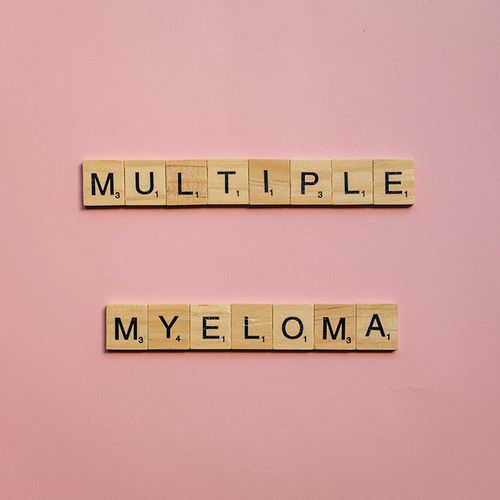The genome of the highly aggressive blood cancer multiple myeloma has been mapped by a team of North American scientists, who say their achievement will improve understanding of what causes the disease and may lead to new treatments.
Background
"For the first time, we are able to see on a molecular basis what might be causing this malignancy," David S. Siegel, MD, PhD, chief of the multiple myeloma division at the John Theurer Cancer Center at Hackensack University Medical Center in New Jersey, said in a news release from the center.
"We already know what causes many types of cancer, but until now, we had few clues to the causes of myeloma," he added.
He and colleagues from 20 major research institutions examined genomes of both tumor and normal blood cells in 38 people with multiple myeloma.
Implications
"We have developed the most comprehensive molecular picture of myeloma to date, which will provide a public resource of genomic information for this disease," Dr. Siegel said. "This is a large step forward in personalized medicine for the treatment of multiple myeloma. My hope is that this will allow us to develop more targeted, effective therapies."
Their findings were reported in the publication Nature.
Better Nutrition for Cancer Patients
A study followed 111 adults who were undergoing radiation therapy for colorectal cancer and received individualized nutritional counseling...high-protein liquid supplements... or no nutritional intervention.
Results: Those counseled about diet survived longest-an average of 7.3 years, compared with 65 years for the supplement group and 4.1 years for the no-intervention group.
Theory: Cancer and its treatment cause symptoms (including weight loss, nausea and/ or stress) that can lead to malnutrition.
To find a registered dietitian for nutritional counseling: Contact the American Dietetic Association, 800-877-1600, www.eatrigbr.org.
Aspirin Cuts Cancer Deaths Significantly
Taking low-dose aspirin daily for five years decreased gastrointestinal cancer deaths by up to 54% and overall cancer mortality by 34%. The longer aspirin is used, the greater the benefit. The mechanism by which aspirin helps prevent cancer deaths is not yet fully understood.
